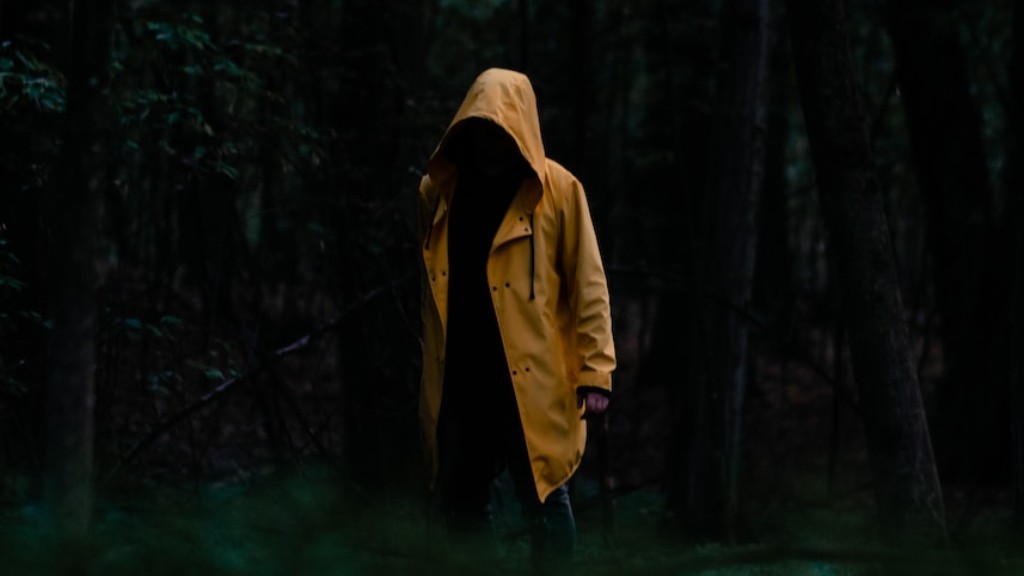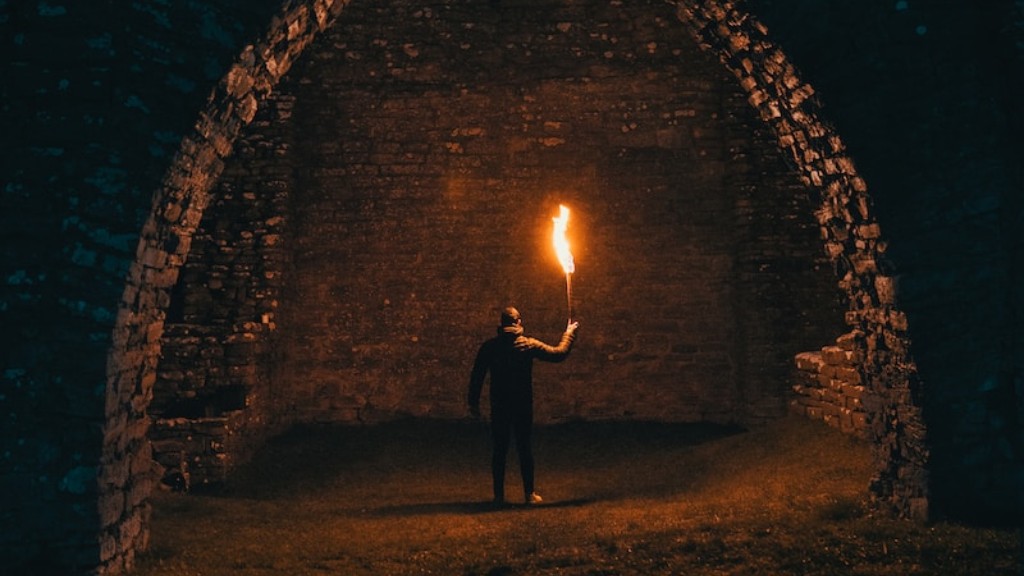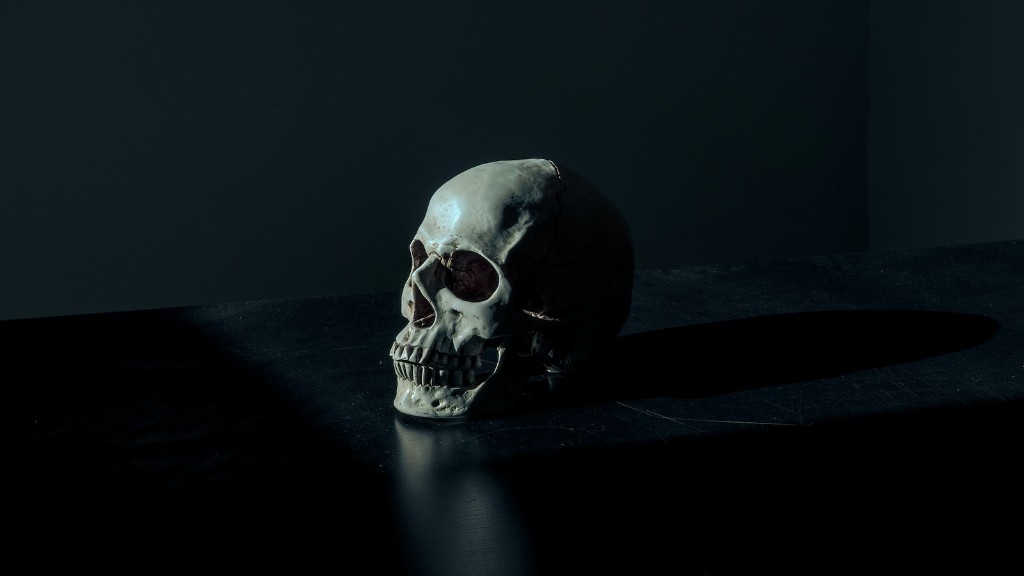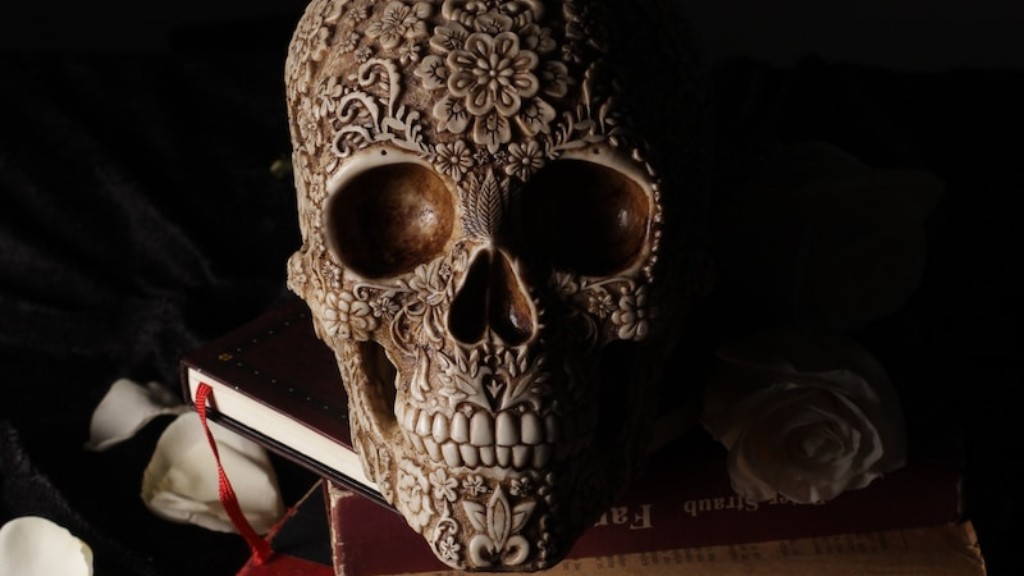Horror movies have been a popular genre for decades, and their popularity show no signs of waning. While some people enjoy the suspense and fear that these movies provide, others find them unsettling and even traumatizing. But what do horror movies do to our brains?
Studies have shown that watching horror movies can cause changes in the brain. These changes can be temporary or long-lasting, and they can have both positive and negative effects. For example, horror movies can increase your heart rate and blood pressure, as well as release adrenalin and cortisol, which are stress hormones. This can lead to a feeling of exhilaration, known as the “fight-or-flight” response.
Some people enjoy this feeling and seek out horror movies for the Thrill. However, for others, the feeling of fear and anxiety is too much to handle. These individuals may experience negative effects such as nightmares, sleep disturbances, and even post-traumatic stress disorder.
So, what effect do horror movies have on your brain? It really depends on the individual. Some people find them exhilarating, while others find them traumatizing. Whether you enjoy them or not, there’s no denying that horror movies can have a significant impact on your brain
Horror movies have a number of effects on your brain. They can cause you to feel anxious, scared, and even nauseous. They can also increase your heart rate and blood pressure. In some cases, people have even experienced seizures after watching horror movies.
What psychology says about horror movies?
Horror entertainment is a popular genre for many people because it can provide an adrenaline rush that comes with the feeling of being scared. For some people, this feeling is addictive and they enjoy seeking out new and more intense horror experiences. While horror entertainment can trigger the fight-or-flight response, the brain is usually able to process the surroundings and conclude that the experience is not a genuine threat. This knowledge of personal safety is one reason horror fans habitually watch scary movies.
Watching scary movies may actually help people who suffer from anxiety. In one study, it was found that people who watched scary movies felt more in control of their anxiety. The study found that people who watched scary movies felt a sense of relief from their anxiety.
What part of the brain reacts to horror movies
The amygdala is a part of the brain that is responsible for processing fear. It is often referred to as the “fear center” of the brain. When we see something that is scary or threatening, the amygdala is responsible for triggering the fight or flight response. This is the body’s natural response to danger and it is designed to help us survive. When the amygdala is working properly, it can help us to avoid danger and to stay safe. However, sometimes the amygdala can be overly active and it can cause us to feel fear even when there is no real danger present. This can be a problem for people who suffer from anxiety disorders and other mental health conditions.
When we’re watching scary movies, our brains release adrenaline, which prepares our bodies for stressful situations. Our sympathetic nervous system responds to the threat and throws us into the “fight or flight” response. This means that our heart rate and blood pressure increase, we start to breathe more quickly, and our muscles tense up. All of these things happen in order to help us deal with the threat that we’re facing.
What personality type likes horror movies?
The study found that low neuroticism and high sensation seeking were better predictors of horror movie preference. This suggests that those who are less likely to be affected by negative emotions and who seek out new and exciting experiences are more likely to enjoy horror movies.
Horror fans have long been classified into two groups: adrenaline junkies and white knucklers. Adrenaline junkies get a thrill from the intense experiences of horror, while white knucklers find the suspense and fear exhilarating.
However, a new study has found that there is a third type of horror fan: the dark coper. Dark copers use horror to cope with problems like feelings of anxiety. They find the suspense and fear of horror comforting, as it helps them to forget their own troubles.
So if you’re a horror fan, which type are you?
What does liking horror movies say about you?
Personality traits and cognitive/affective traits that have been implicated in horror preference and/or enjoyment of horror include sensation seeking, empathy, theory of mind, need for affect, the dark tetrad, and personality. Other individual differences include age and sex (considered later).
Horror is such an addictive genre because it is so exciting. The suspense and fear that is built up is often greater than any other genre and it really responds to human nature. We all love to be scared, to push ourselves, and sometimes it is just fun to have something we are told we can’t have.
Why do people with anxiety like horror movies
Watching horror films can help us to regulate our emotions, which can be beneficial for people with anxiety. A study from last year found that those who regularly watch horror films experienced fewer symptoms of psychological stress during the pandemic. Horror films can provide a sense of relief from anxiety by providing a controlled environment in which we can experience fear without actual danger. In addition, horror films can help us to confront our fears and learn to cope with them.
The release of adrenaline and other neurotransmitters in the brain during scary movie scenes has been proven to offer multiple benefits, including faster reaction times, better alertness, and improved concentration. So if you’re looking for a way to boost your brain power, consider heading to the cinema!
Can you be traumatized by a scary movie?
Media exposure cannot cause PTSD, but it can be a trigger for symptoms in people who have already been diagnosed with the condition. Symptoms of PTSD include re-experiencing the trauma through intrusive distressing recollections of the event, including flashbacks and nightmares.
While horror films can be entertaining for some, they can also cause trauma for those who suffer from post-traumatic stress disorder (PTSD). In rare instances, watching these films can also cause PTSD. If you know someone who suffers from PTSD, it is best to avoid horror films altogether.
Do horror movies help with depression
It’s interesting to see that horror fans were more psychologically resilient during the pandemic. This may be because they were able to use movies like Contagion as a sort of practice simulation for the real thing. This is an interesting finding that could help us better understand how people deal with stress and anxiety.
There are many ways to wind down after a long day or a scary movie. Taking a warm bath or shower, reading a book, listening to calming music, and practicing some light yoga are all great options. You can also watch a funny movie or TV show to use laughter to help distract your mind and forget the scary movie.
Can scary movies cause depression?
Although horror movies may provide a temporary relief from stress and anxiety, it is important to be mindful of how they may impact your mental health in the long run. If you are sensitive to disturbing images or have a mental health condition, horror movies may exacerbate your symptoms and cause more harm than good. If you do feel like watching a horror movie, consider doing so with a friend or family member for support, and be sure to take breaks if you start to feel overwhelmed.
The findings of the study reveal that horror movies are less favored by older generations. Just 30 percent of adults aged 65 or above said that they found horror movies very or somewhat favorable, compared to 68 percent of 18 to 29 year olds. Conversely, the drama genre was more popular among older generations.
Do people who like horror movies lack empathy
Horror movie fans have historically been portrayed as being kind and compassionate. However, a new study has found that they may be more so. The study, which is being published on PsyArXiv, provides evidence that fans of horror films are just as kind and compassionate as everyone else.
There are many elements of horror movies that can scare us. For some people, it may be the fear of death or the dark. For others, it may be creepy, crawly things or disfigurement. And for others still, it may be the suspense and expectations that come with horror movies. Whatever it is that scares us, it is likely because it taps into our deepest fears and anxieties.
Warp Up
Horror movies affect your brain by causing you to experience fear. This happens because when you watch a horror movie, your brain is releasing a chemical called cortisol. This chemical is released in response to stress, and it can make you feel scared. Additionally, horror movies can also cause your brain to release adrenaline, which can make your heart rate and blood pressure increase.
Horror movies have a number of effects on your brain. They can increase your anxiety levels, make you more likely to have nightmares, and desensitize you to violence. They can also cause your brain to release dopamine, which can lead to addiction.




